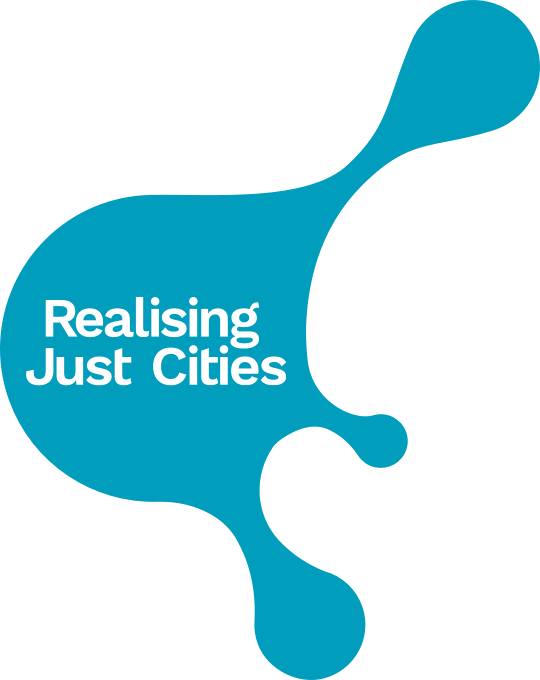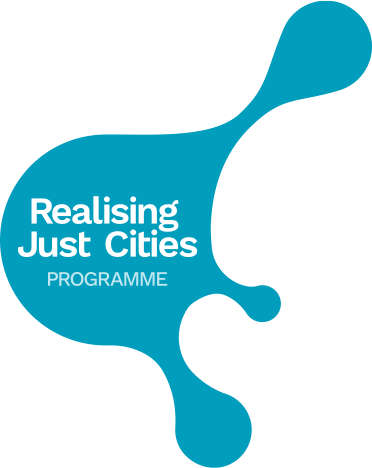Call for Papers 'Valuing Urban Dissensus', RC21 Leeds
Please see below CFP for session titled Valuing Urban Dissensus: Contested Knowledge Claims in Realising Just Cities as part of the forthcoming RC21 Conference Rethinking Urban Global Justice (September 11-13, Leeds, UK).
Abstracts should be sent to the conference organisers (rc21@leeds.ac.uk) and to ourselves: Beth Perry (b.perry@sheffield.ac.uk) and Victoria Habermehl ( v.habermehl@sheffield.ac.uk). Please include your affiliation, a proposed title and a max 250-word abstract.
The deadline for abstract submission is Friday 10 March 2017. Further details can be found on the conference website.
Too often urban theorists, practitioners and social movements give definitive cases, examples and stories of urban success or failure. This leads to simplifications of the processes of urban organising and the reproduction of homogenous narratives to explain the current urban condition. At the same time, radical language and participatory approaches are being operationalised as rhetoric, co-opted by urban elites to support aspirational objectives of ‘inclusive growth’ or ‘inclusive governance’. Marginal knowledge claims become obscured behind “cleansed” accounts of stakeholder engagement, despite contestation being an essential part of democratic politics (Purcell, 2008; Laclau & Mouffe, 2001). A gap is emerging between the values attributed to elite forms of knowledge/ expertise and the knowledge that resides within civil society, preventing those knowledges from adding value to strategic urban management processes. Rather than neat narratives of either council, citizen or activist success or failure, this paper session calls for uncovering a more contentious everyday politics of disagreement, contestation, long organisation and slow success. It seeks to value the processes and practices of urban dissent in realising just cities, in the spirit of a more agonistic form of urban politics, drawing attention to the consistent struggles over narration and production of the urban environment between capital, government and citizens.
The session, organised by the ESRC ORA project ‘Whose Knowledge Matters?’ and Mistra Urban Futures, calls for papers of cases in different national and urban contexts which rethink the value and role of urban dissent. Papers are sought which examine the emergence of contested knowledge claims about urban development and highlight the strengths and limits of inclusivity in urban decision- and policy-making processes. These include:
How do we understand alternative urban narratives and movements in terms of the contestations that happen in everyday life?
How do city councils/ developers and community discourses get narrated, retold and reformed? Who is included and excluded?
What cases of urban dissent can be identified which embody different productions of the urban and challenge business-as-usual models of everyday urbanism?
What technologies and communicative devices are used to both demonstrate and organise these urban controversies? What evidence is there of the relationship between urban contestation and more just outcomes in cities? How would we know?
What can we learn from cases of urban dissent for how we can value contestation within democratic urban politics?
How do marginal community knowledges becomes enrolled in dissensus, challenging consensual views on urban sustainable development?
What are the implications for the design and operation of knowledge architectures which manage with, rather than manage out, dissent?




